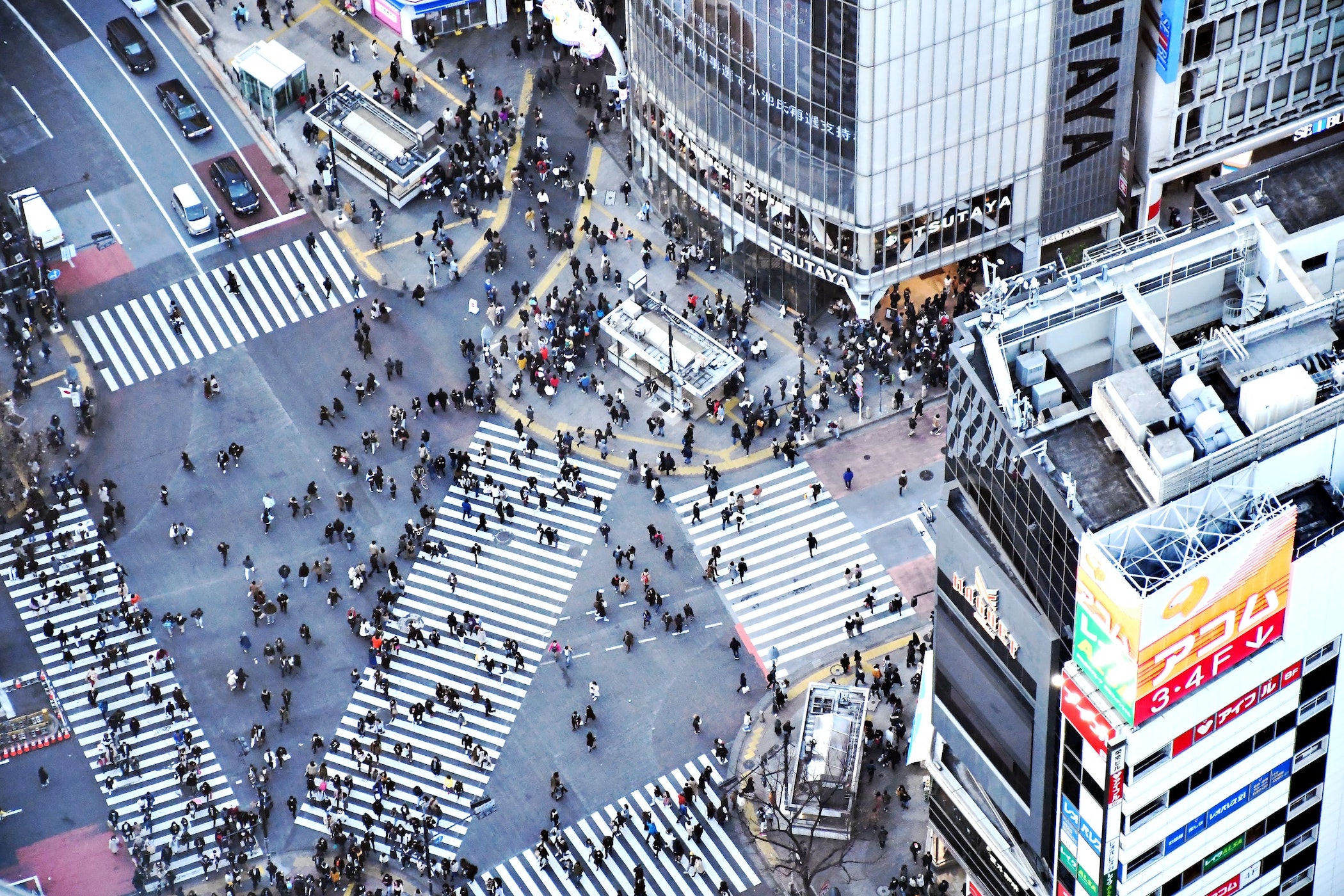Cities are a hotspot for climate change. Urban areas are characterized by artificial surfaces that absorb and release heat and contribute to creating a unique microclimate, where wind and precipitation patterns are altered, and the so-called urban heat island effect emerges.
Moreover, these surfaces are not able to absorb and store water, therefore contributing to an increase in urban flooding risk. Climate change can be considered a multiplier of these hazards in built environments and of their effects on the wellbeing of people.
CMCC researcher Alfredo Reder was at COP28 in Dubai to contribute to an event titled “Climate Change and Health, and the Role of Academic Institutions and Future Research Directions”, jointly organized by the University of Arizona, the Observer Research Foundation (ORF), Società Italiana per le Scienze del Clima (SISC), and the University of California.
During the event, Reder – who is also a member of SISC, the Italian society that aims at contributing to scientific progress in climate sciences by promoting multidisciplinarity and the advancement of climate information – highlighted the role of climate and epidemiologic information in climate models, and the need to harness new research approaches, to better delineate the link between climate change and global health. “I focused more specifically on the need for information at a very high resolution for cities, which are the primary places where urban heat islands impact health,” said Reder.
During the COP, the link between health and climate change emerged as a central topic, discussed both in dedicated sessions and plenaries. “Complex models are usually developed in data-rich contexts, in regions with abundant observations,” said Reder. For instance, during the event, CMCC researcher Marta Ellena presented the case study of Turin, a city with an extensive epidemiological dataset spanning around 30 years.
“In my opinion, the most evident issue that emerged during these discussions was that we are actually lacking all this information for many developing countries,” said Reder. “It is then crucial to invest in the development of such models and datasets for regions lacking adequate information, both at the climate and the epidemiologic level.”
Scalability, in this context, implies adapting sophisticated models to diverse settings. “Science needs to move from a universal description of climate through global models to a more detailed and focused characterization of climate that detects specific peculiarities of different cities,” said Reder. “This approach is called downscaling, which is not only related to an increase in resolution. It also includes the ability to reproduce dynamics, such as the increase of heat in cities, or of hourly precipitation, and more detailed orographic patterns.”
Research institutions, such as the CMCC, play a pivotal role in supporting such activities. “The current focus involves developing models to interpret available data and establishing links between climate and health, specifically at the urban scale,” said Reder. For example, further developments could include an increased spatial and temporal resolution of climate data, the implementation of open data platforms and the employment of advanced techniques, including artificial intelligence and machine learning.
“The role that we, as CMCC, are playing in this context is the development of high-resolution climate information enabling studies, for example, on epidemiology at a municipal scale,” said Reder. “Clearly, research needs to be further developed, for instance, tackling the role of uncertainty in climate information, using new approaches.”
In climate projections, uncertainty manifests itself as a range of different potential outcomes, emphasizing the dynamic and evolving nature of climate information.
As Reder showed during his presentation, artificial intelligence methods can address this issue by exploiting new scientific approaches that reduce computational time.
“Models are affected by errors and uncertainty,” said Reder. “Our current models are based on a single representation, and therefore are not suitable for guiding the design of adaptation actions, but we suggest using them only for scientific purposes. We need clearer, more transparent information, and interdisciplinary methods based on artificial intelligence and deep learning can help us with this.”
As climate scientists navigate the uncertainties inherent in climate projections, interdisciplinary methods and technological advancements stand as crucial allies, providing clearer insights for informed decision-making and effective adaptation actions. “Tackling the lack of data worldwide is crucial for the development of complete and reliable climate models,” said Reder.
More on health:
The urban divide: unequal distribution of heat-related risks on city dwellers






